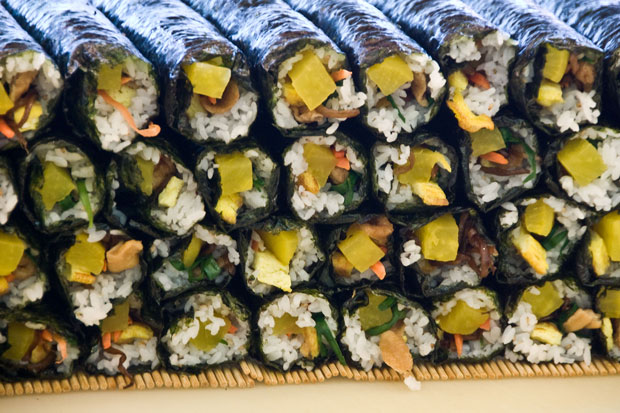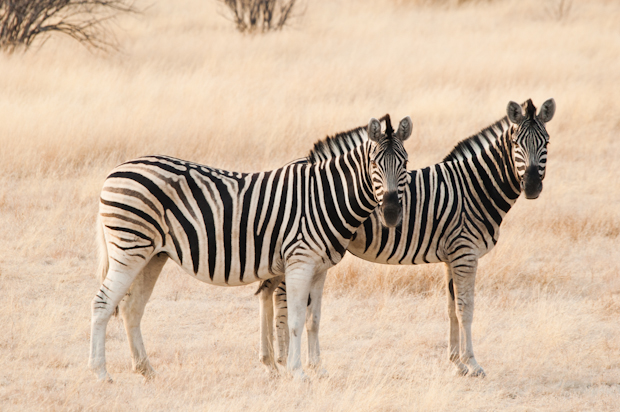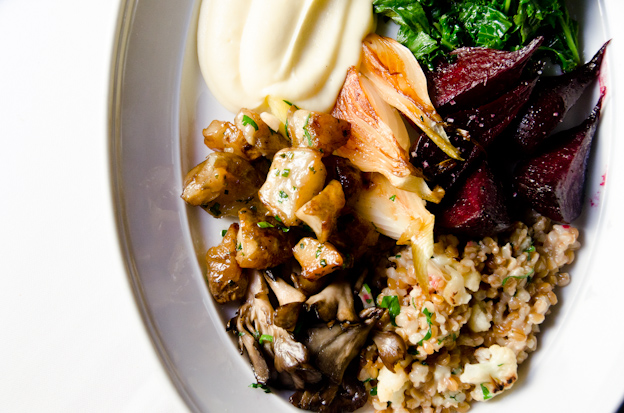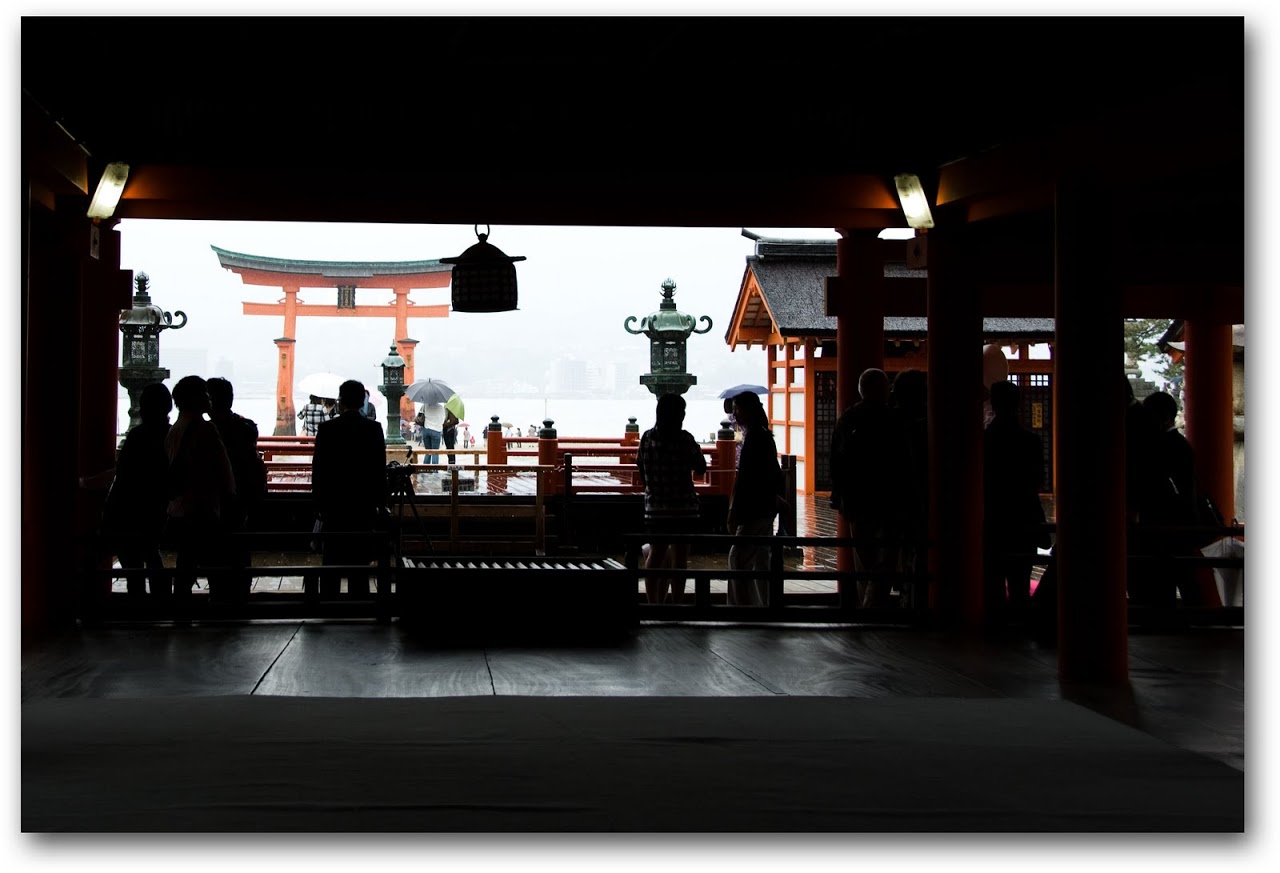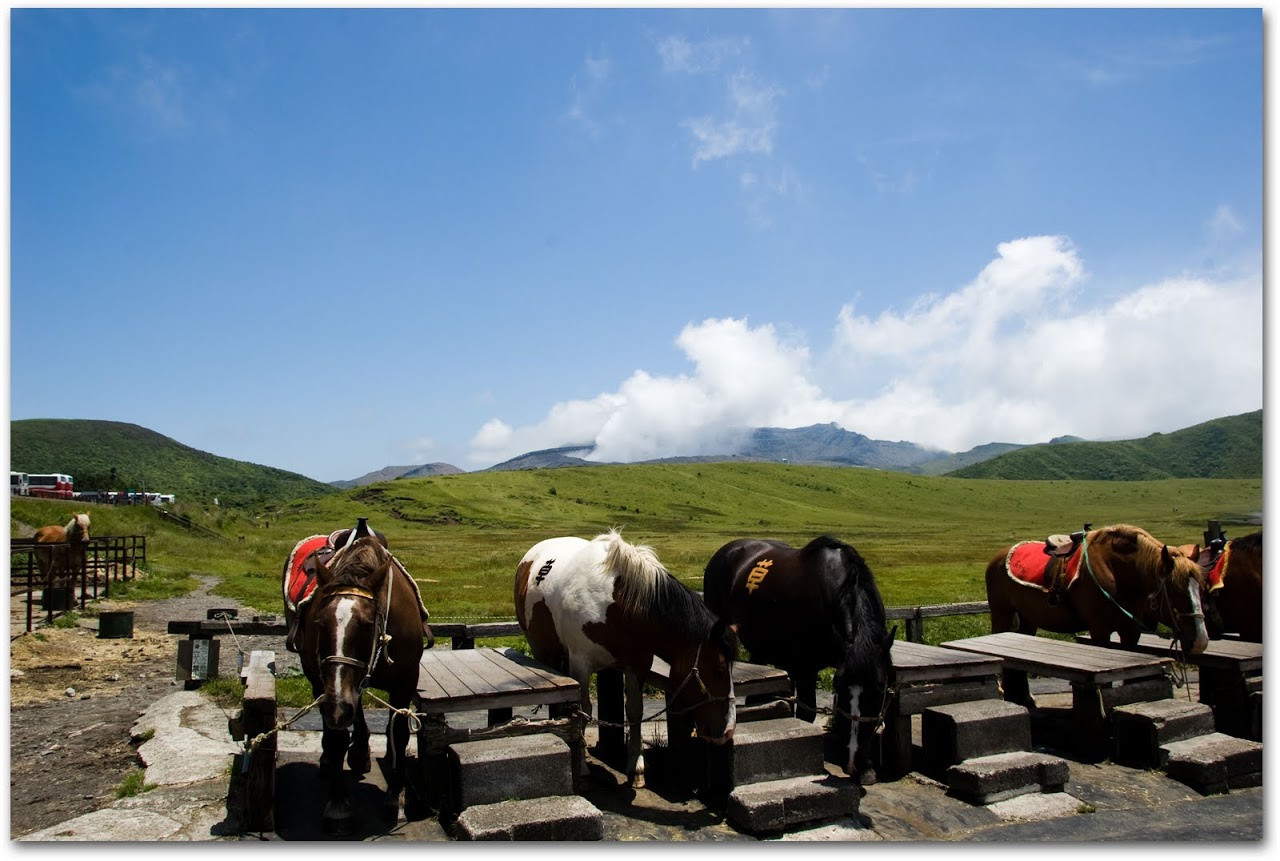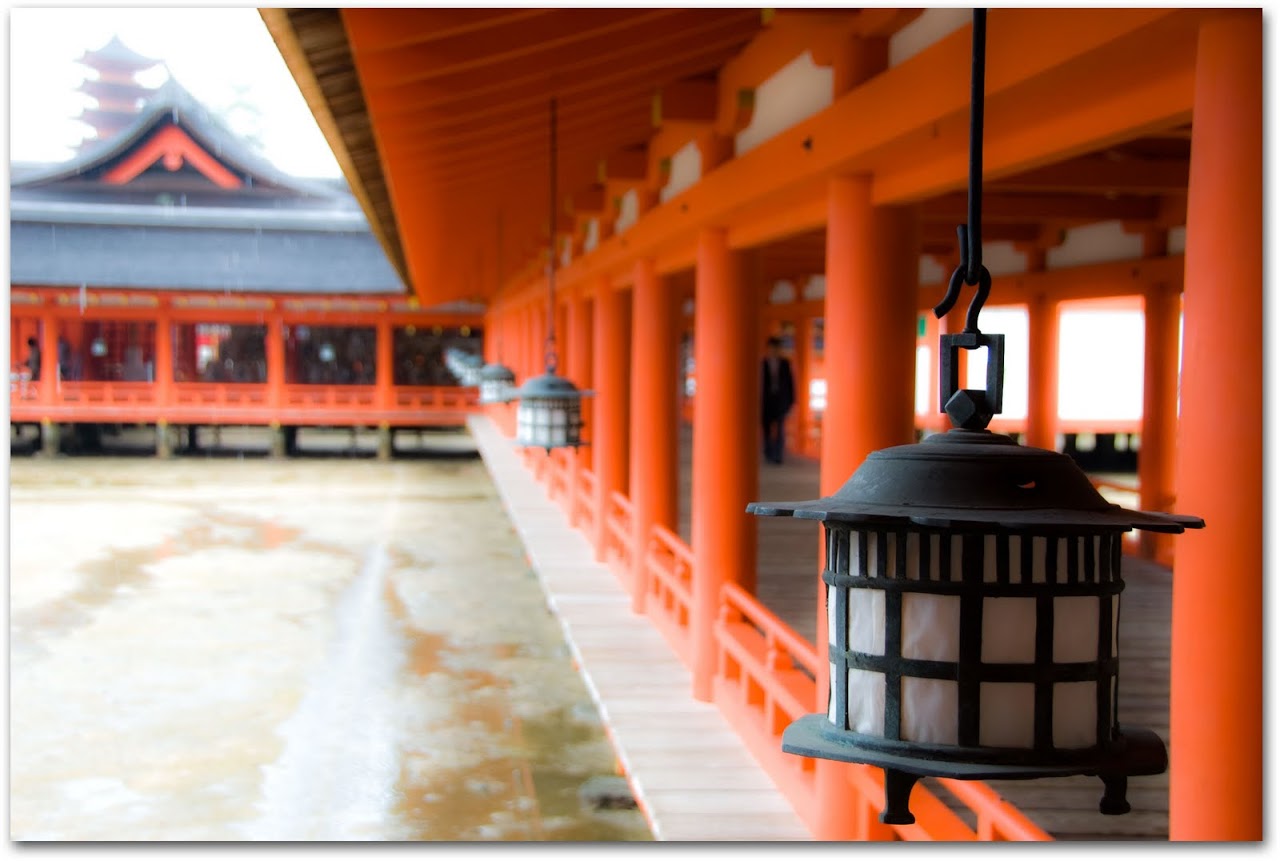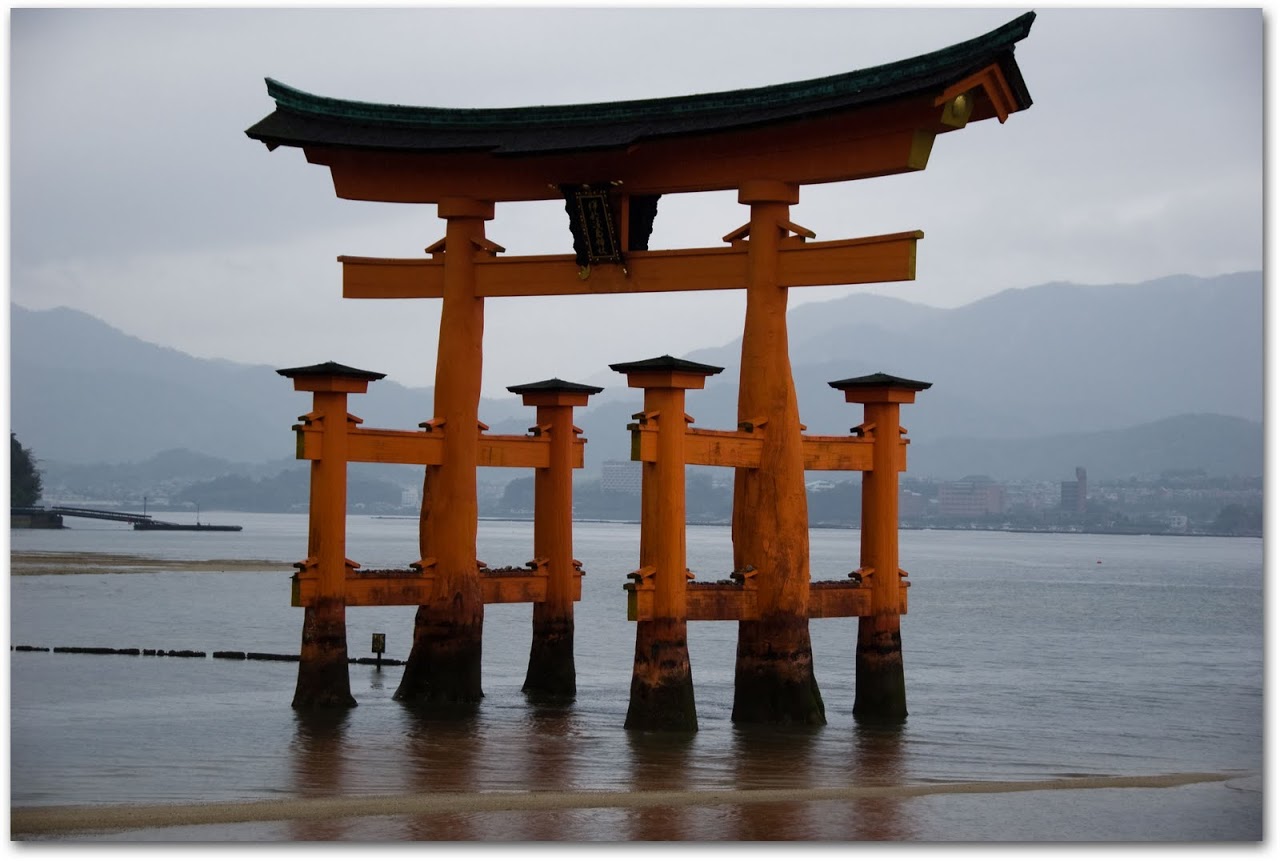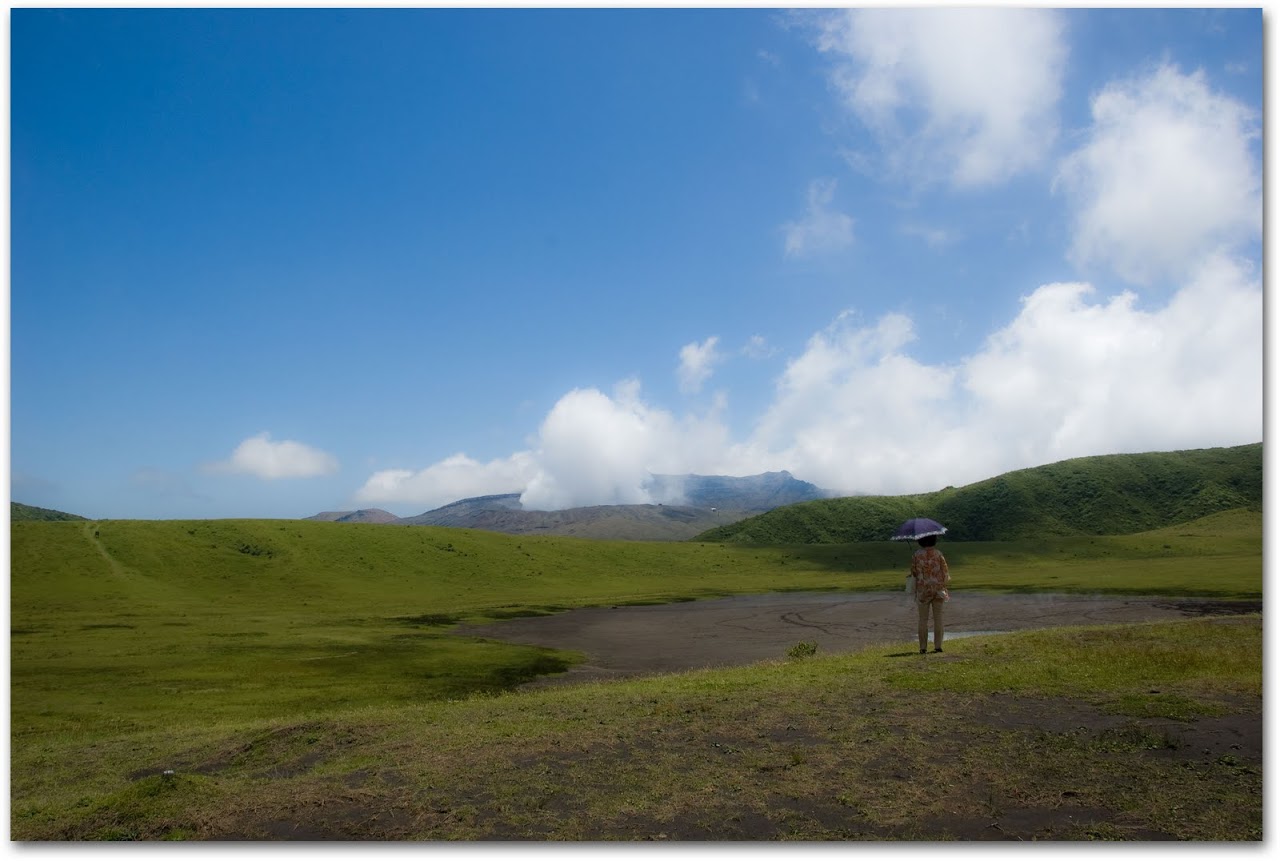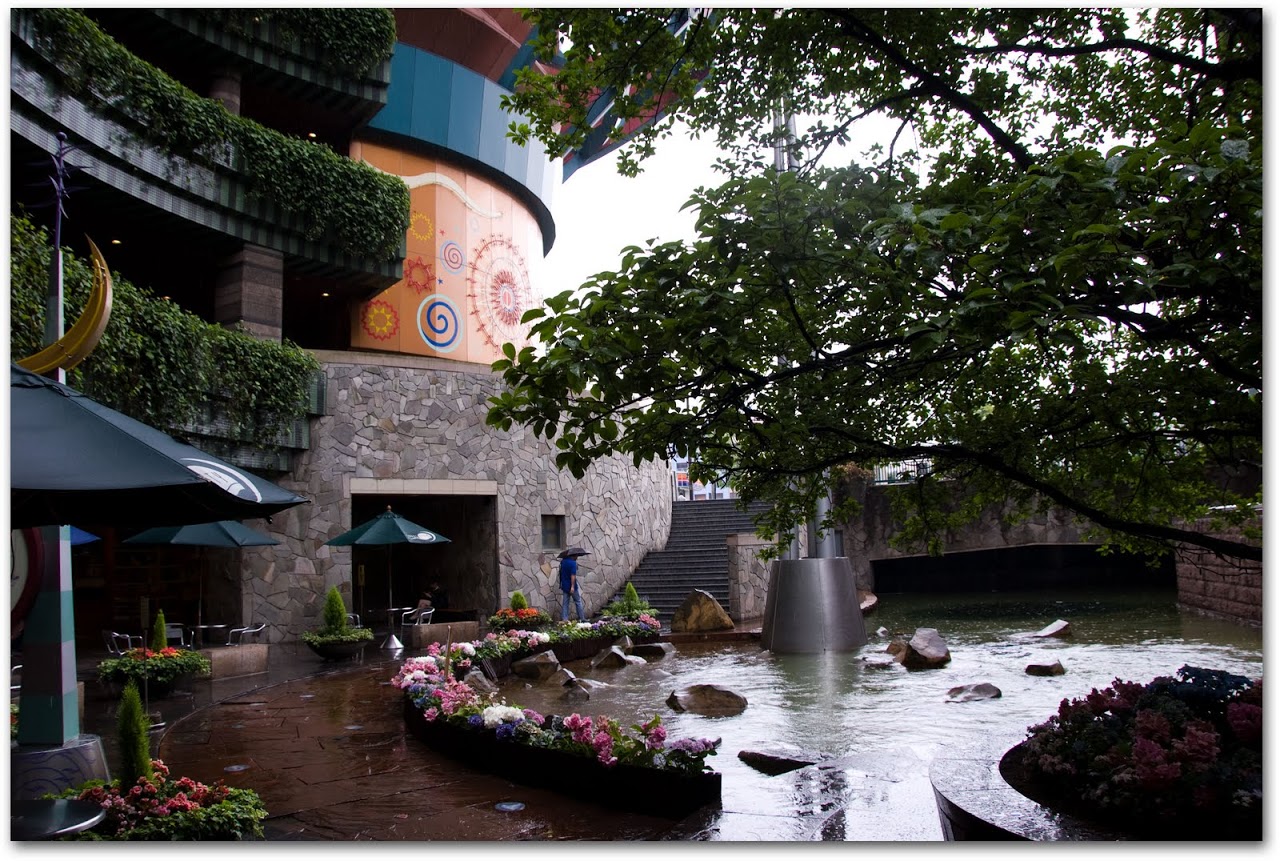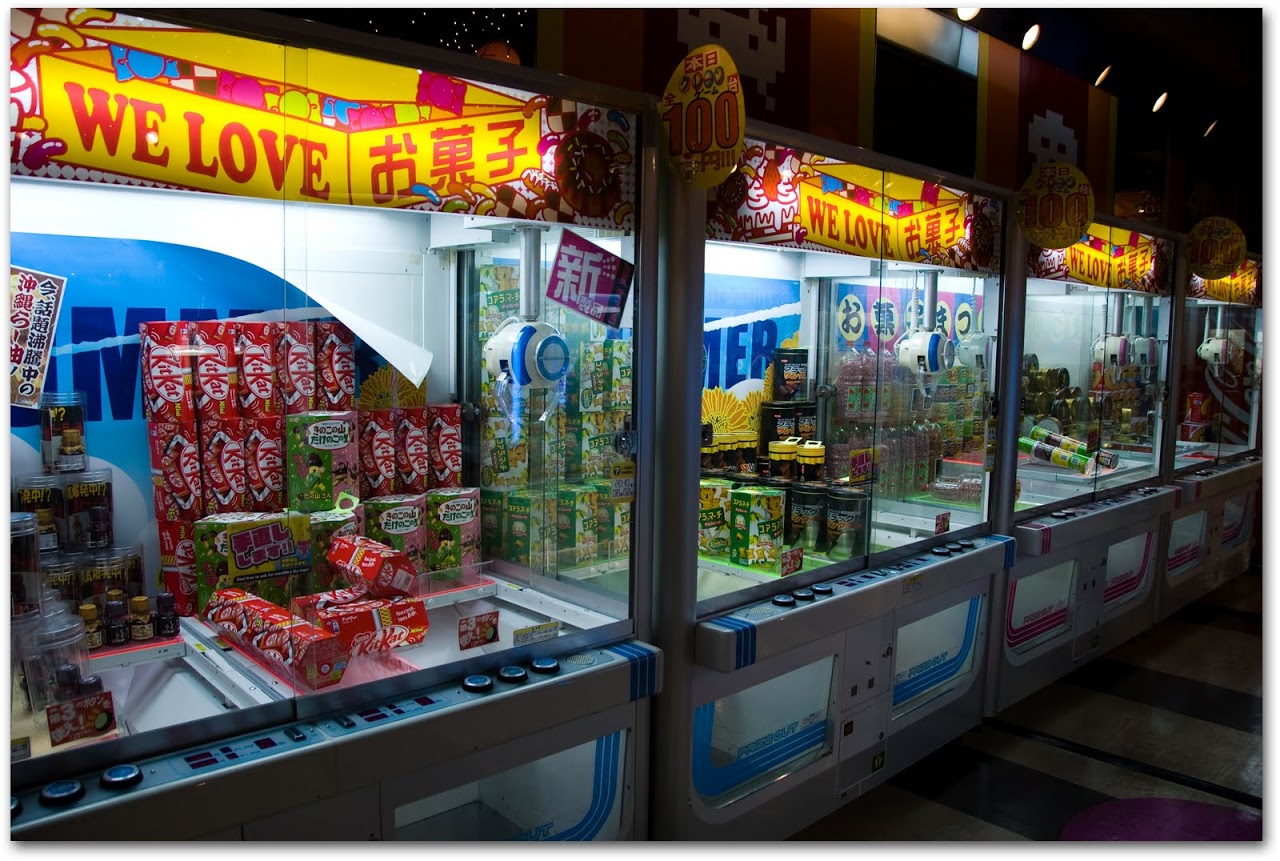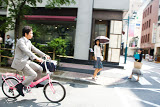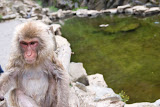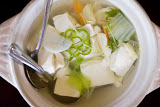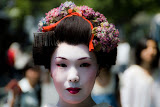Video highlighting the beauty of Japan
We began traveling in Japan feeling like the proverbial strangers in a strange land, frustrated by the lack of overt friendliness and the precision of human interactions. I remember telling Patrick and our friend on the eighth day that I found the country beautiful but didn’t understand the people, as I had in Thailand and Cambodia, because their relationships seemed stilted.
Miyajima Itsukushima Shrine
Our free American ways --- of holding hands, laughing loudly, and introducing ourselves to strangers --- were met with blank stares, in part because nobody spoke our language and we did not speak theirs. We struggled to make connections and to dig beneath the surface of formality.
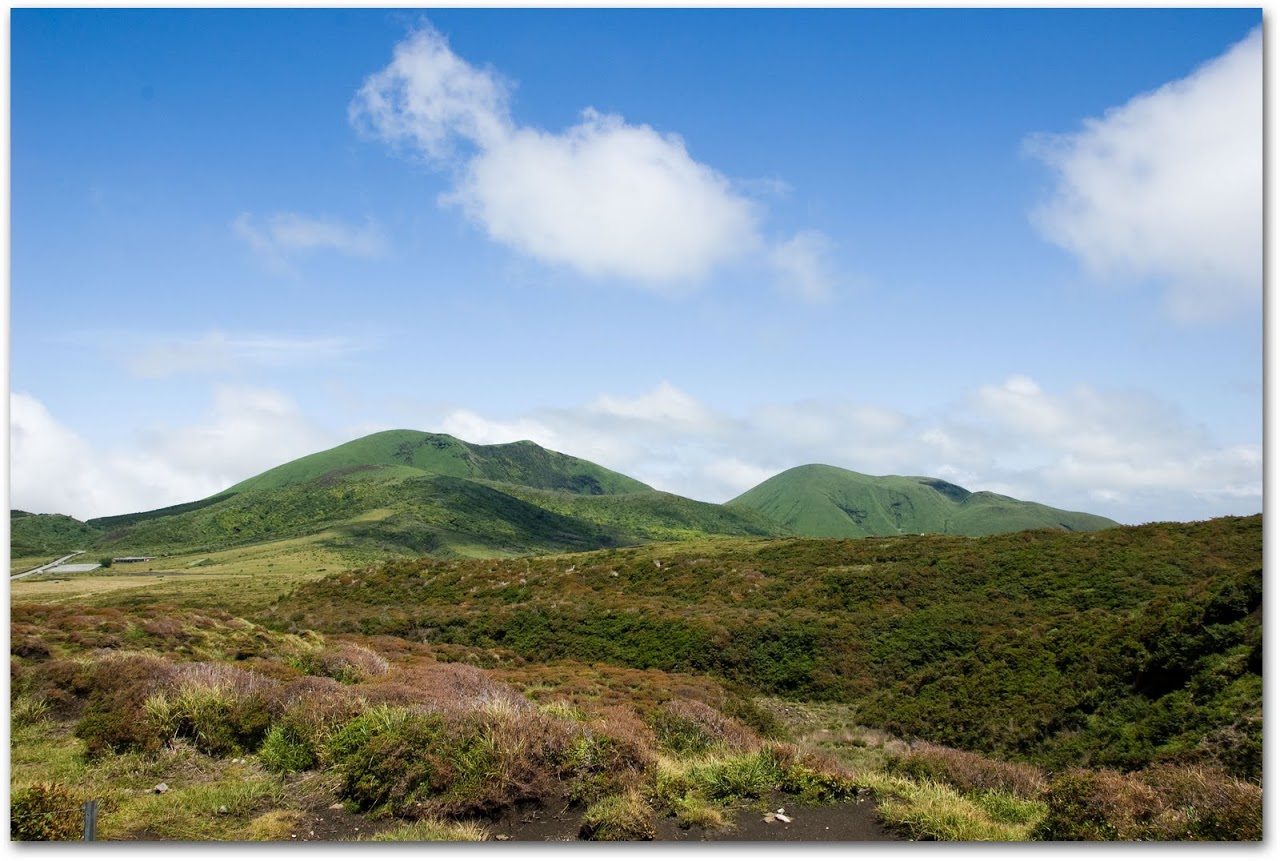
|
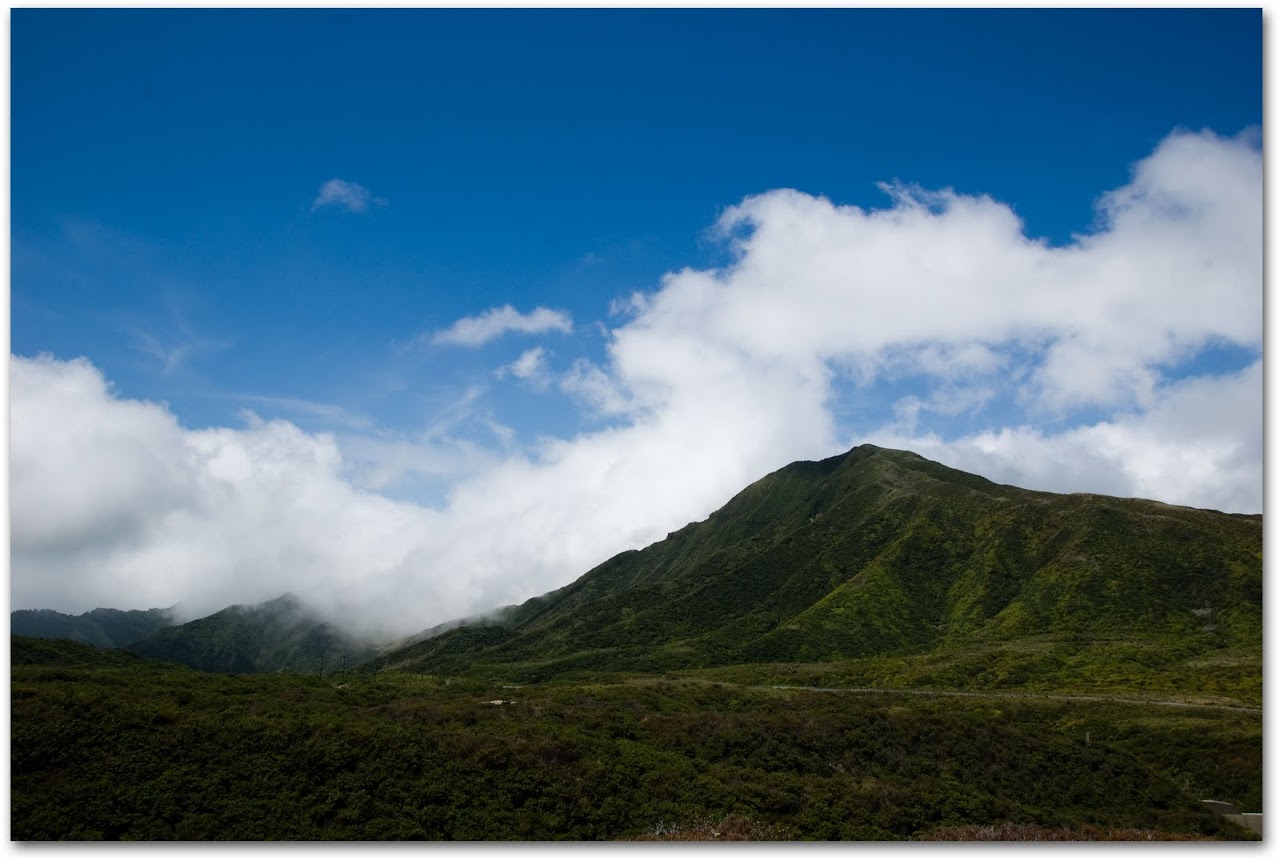
|
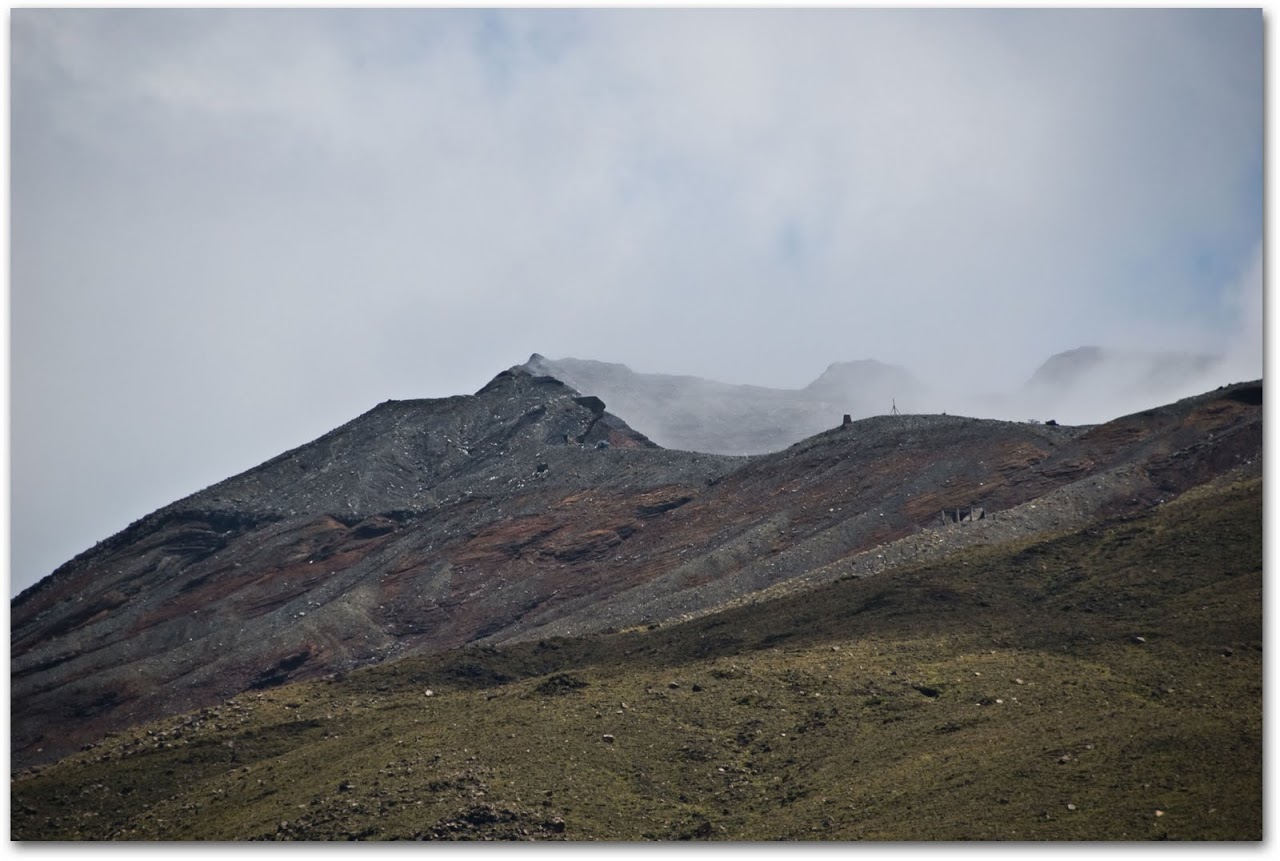
|
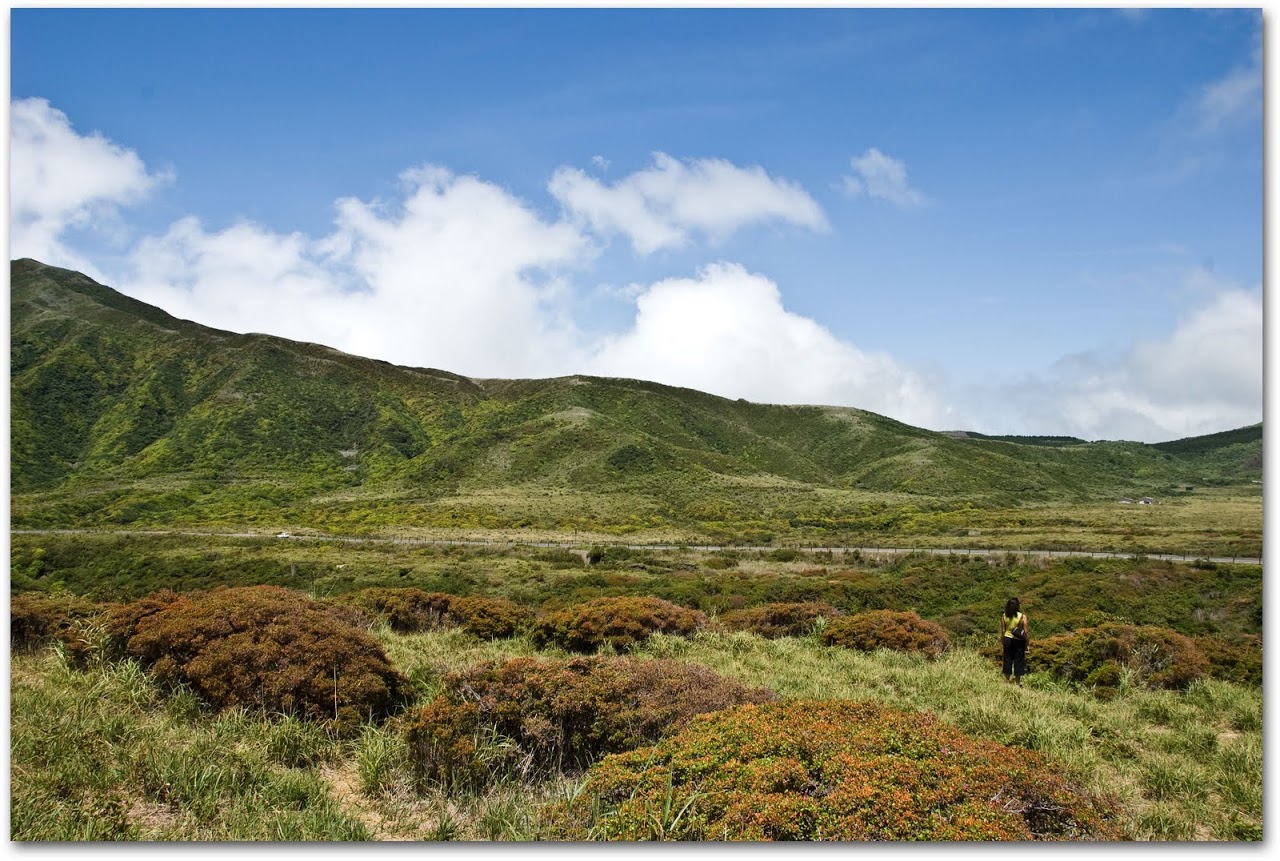
|
And, then, around the fifteenth day, we meshed into Japan. Somewhere, amidst the trains , manicured gardens , and tofu , the strangeness dissolved. As we observed and learned the habits----to bow to every person who passed it, to apologize and thank frequently, to be meticulous about our appearance and careful not to touch others---the people opened up.
A man on the train spoke to me for forty minutes about his life in America and work in Japan, teenage girls giggled and shyly asked to speak to us, children stopped us in the temples and palaces and asked us to pose with them for pictures.
Miyajima temple
We walked the streets of Miyajima, the unspoiled speck that hugs the coast of Hiroshima, stood underneath our open umbrellas and marveled at the giant red torii gate that stands in the midst of the water.
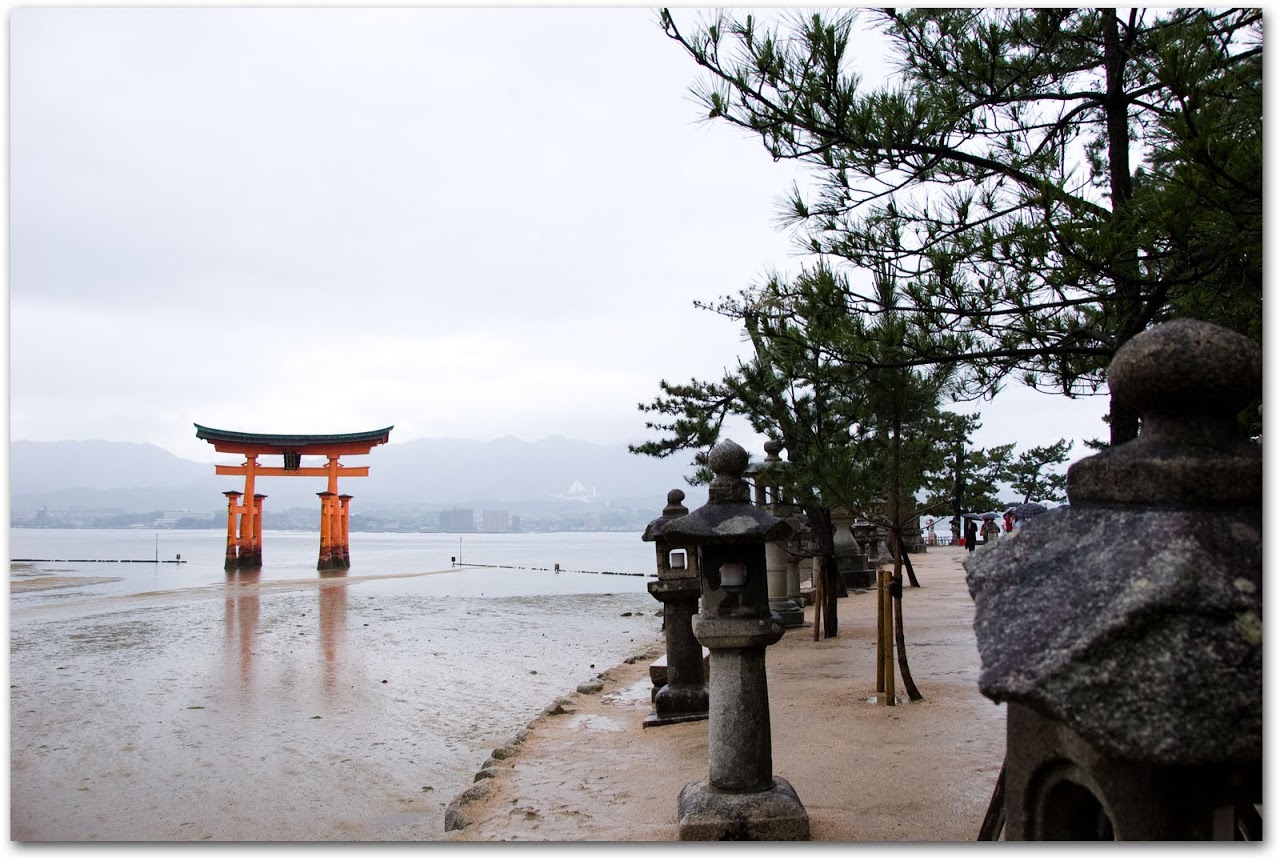
|
|
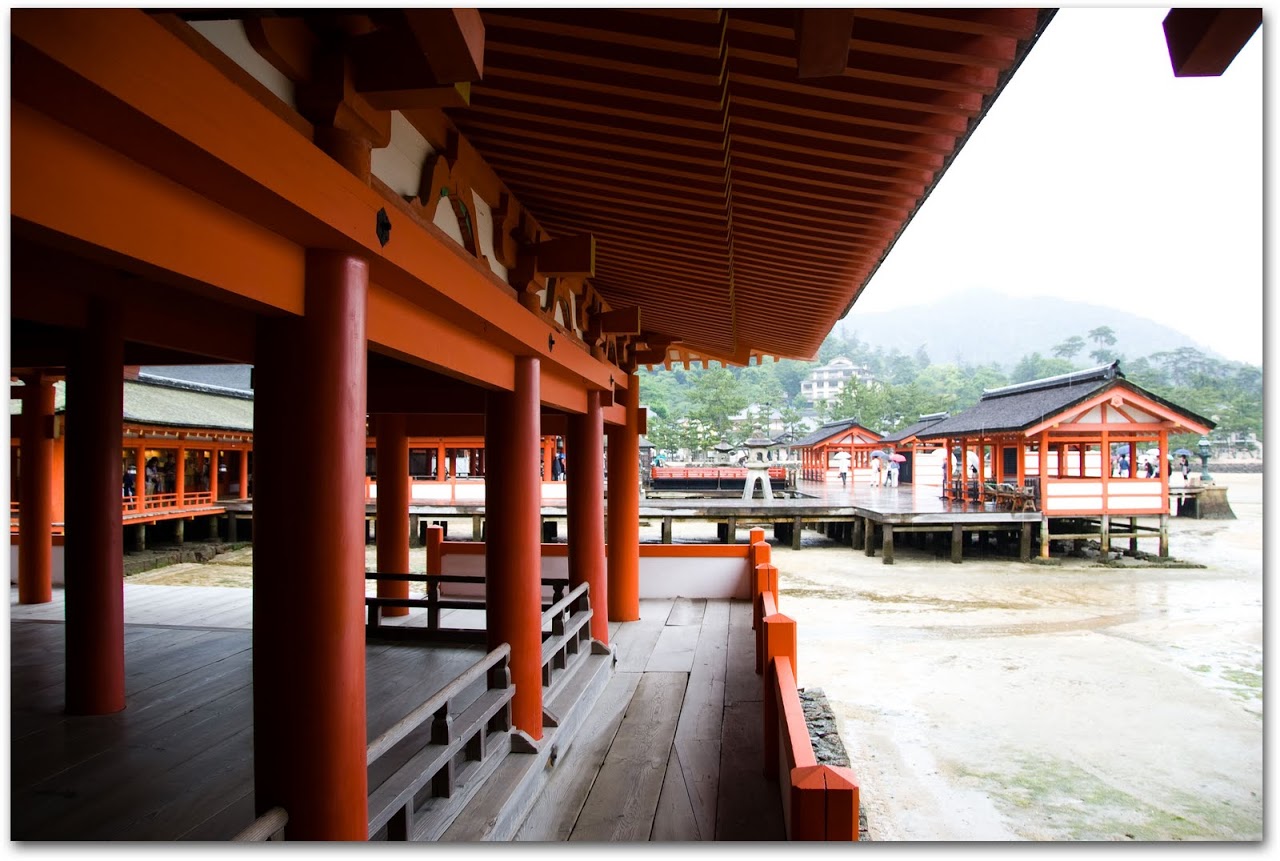
|
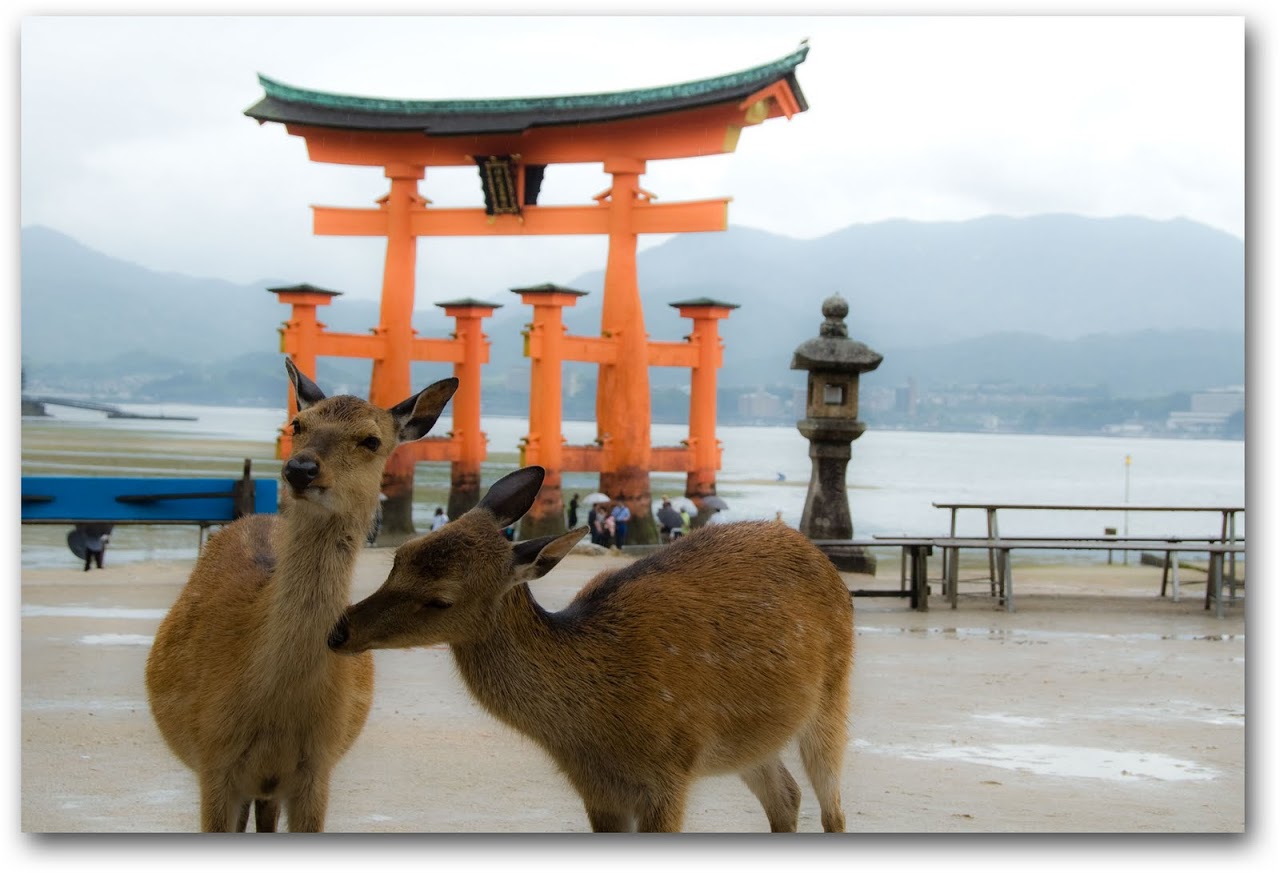
|
Views of Miyajima
When it rained, we ducked into the tea shops with the Japanese tourists and sampled maple sugar cookies and grilled oysters .
Woman with umbrella watching Mount Aso belch smoke
In Aso, though we could have snuck under the gate to hike to the top of the active volcano --- as we would have in so many other countries --- we stood in the fields with the Japanese tourists and watched the mountain belch white smoke.
Fukuoka mall
On the streets of Fukuoka, when Patrick told a television crew that he wished he had seen a sumo match while in Japan, the announcer said, “Okay, sumo!” The announcer in his requisite charcoal suit crouched down and began circling my very confused husband. The guy leaned forward and Patrick leaned back. The guy circled and Patrick circled. Then, in a single swift movement, they were locked in an embrace best reserved for a much closer friend. Patrick reeled back and began laughing. To the delight of the audience, a sumo wrestling match, of sorts, had taken place on the streets of Fukuoka.
Claw vending machines with food, ice cream, lottery tickets, and stuffed animals
That’s just Japan, though: a country where gray suits read vibrant cartoonish manga books on the scarily efficient trains and frequent dazzling pachinko and karaoke bars after work. We didn’t know that the rhythm of the country, that combination of fastidiousness and silliness, efficiency and laughter, would seep into our souls. It moved through us, deeply and sweetly, playing on our expectations of what a country is and how people should behave toward each other. Now, a month after we have left, I feel sadness that Japan is behind us, something I never expected to feel for a place so dissimilar from my own.




